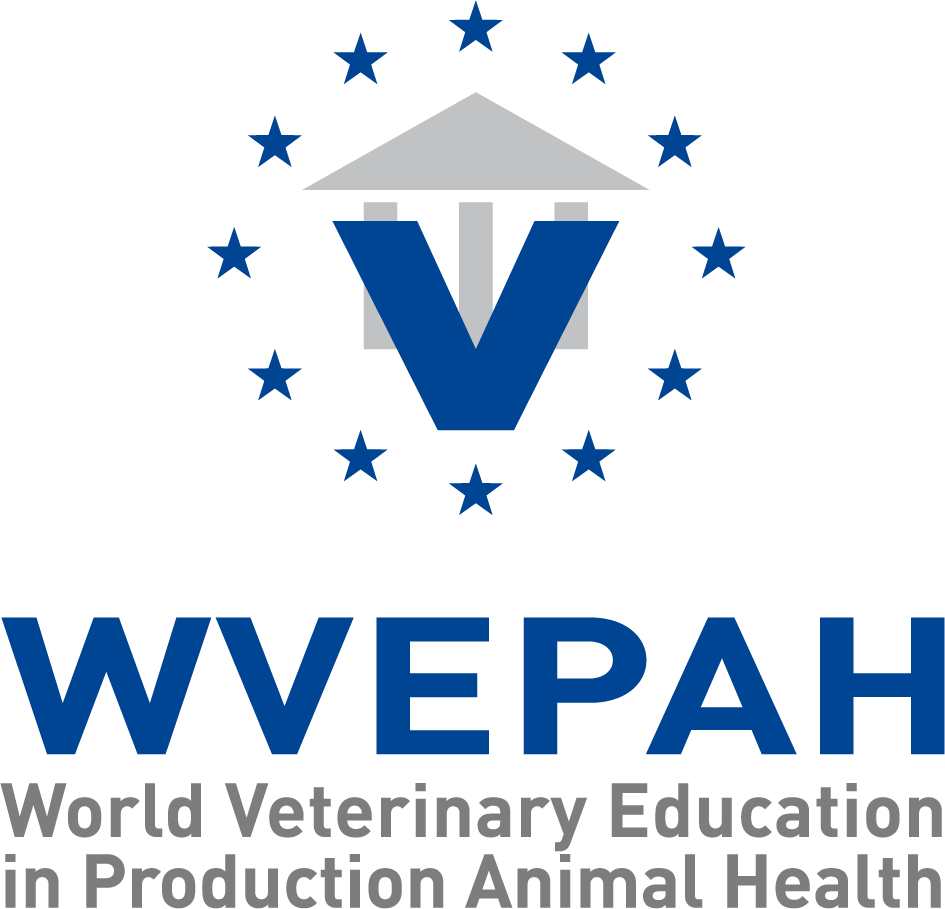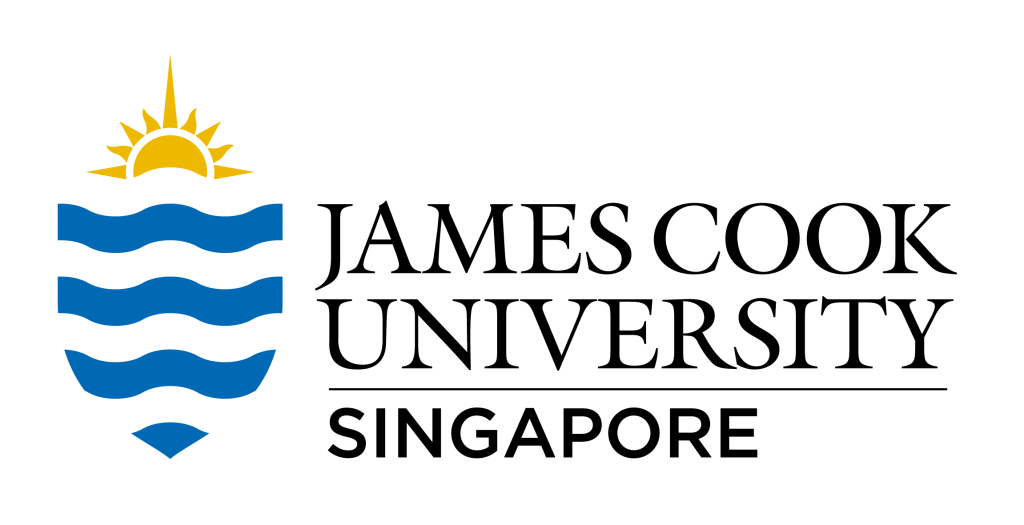Module I : Fundamentals of operational farm health management in Aquaculture
This advanced training prepares experts to support farmers in disease prevention, biosecurity, surveillance, and product quality—from farm to national level.
Hybrid program
Early bird registration
〰️
Until February 2, 2026
Early bird registration 〰️ Until February 2, 2026
-
Under the "One Health" perspective, to support the sustainable development of aquaculture production for human consumption and improve the global level of aquaculture competencies, WOAH asked WVEPAH to develop a training and certification program for aquaculture health and biosecurity field experts. These experts will receive certification recognizing their ability to work locally at farm level, at watershed level, and regional and national levels.
They will acquire the ability to become key auditors and support farmers for biosecurity, disease management, prevention, surveillance, and product quality. They will also be internationally recognized in the Aquaculture network as trainers for trainers.
The certification is granted by international institutions: Montréal University for quality control and academic diploma delivery, and the WOAH for worldwide recognition. Thus, certified professionals are de facto awarded as international experts.
WVEPAH wants to give expert and trainees the tools to identify the limiting factors and bring solutions in the field
Experts will learn about:
Pathogens
Species, specificity & physiology
Farming structures and environmental condition
Feed (nutrition) and feeding
Biosecurity and hygiene
Farmers
At farm level, watersheld level, national and international levels
-
Early Bird Registration Discount : Take advantage of our early bird offer by registering and paying before January 2, 2026, and enjoy a discounted price of 2400 EUR
The course fee of 2600 EUR (regular price) includes access to course materials, the exam administered by Université de Montréal, and membership in the private Facebook group. Additionally, it covers dinners and two coffee breaks per day during the residential week. Please note that accommodation, transportation, health insurance, and travel visa expenses are not included in the course fee.
WAVMA certified members will be able to obtain a discount of 100 EUR upon course registration by presenting proof of their membership.
-
English.
Online part
-
Subjects covered
General overview on aquaculture production
Holistic approach adapted to farming systems and the notion of disease in aquaculture
Anatomy and physiology
Genetics applied to aquaculture
Production Structures and environment in aquaculture
Feed, feeding and nutrition in freshwater and marine species
Biosecurity & Hygiene organisation in Aquaculture, welfare
Management of a farm system
Diagnostic: Disease, clinical approach, Detection of pathologies and main lesions (theory)
Pathologies: Viral diseases and susceptible species and biological stages
Pathology: Fungal and oomycete diseases
WOAH principles
Available soon
2-6 March, 2026
Residential part
-
Overview of Aquaculture Production: Global aquaculture trends, main finfish species, and key health management steps.
Parasitic Pathologies: Introduction to major parasites in freshwater and marine species (ectoparasites, endoparasites, crustaceans, protozoans, myxozoans, coccidia, and shellfish pathogens).
Hands-On Diagnostic Training: Necropsy, macroscopic and microscopic observations, sampling (gills, skin, intestine, bladder), proper sample storage and transport, and report writing.
-
Farm-level and environmental biosecurity: organisation of biosecurity at tanks, sectors, inlets/outlets, and between animals; management of biofilms, disinfection, biofilters, and mortality disposal; prevention of pathogen transmission at farm, watershed, regional, and national levels.
Welfare, monitoring & preventive measures: fish welfare during transport, grading, transfers, and introduction of animals/eggs; implementation and assessment of biosecurity plans; monitoring, early problem detection, and follow-up programs to enhance prevention
-
Field visit and evaluation of farm system.
-
Therapy and field treatment management: prescription of treatments, monitoring efficacy, and managing antimicrobial or chemical resistance at the farm level.
Vaccination programs and practical application: planning and implementing vaccination strategies, including farm visits for hands-on demonstration and monitoring outcomes.
-
Post-production handling & transport: good practices from farm to processing, including fish welfare during loading and transport, truck and water management, grading, fasting, slaughtering methods, packaging, ice management, labelling, temporary storage, and shipment to market.
Quality assessment & course wrap-up: evaluation of fish quality considering disease, management, feeding, and environmental factors; synthesis of session, systemic approach takeaways, course dissemination, and completion of feedback.
Daily Program
*Program subject to minor changes.
Residential week in : James Cook University in Singapore
COURSE MASTERS (ONLINE COMPONENT)
-
Holistic Health Management: Ensuring sustainable farm performance through balanced systems.
Key Farm Components: Management, environment, animals, feed, biosecurity, and farmer involvement.
Disease Diagnosis: Clinical approach, symptoms, and lesions; farmer-vet collaboration.
On-Farm Veterinary Visits: When and how to assess problems, collect information, and support farmers.
-
Anatomy and physiology
Pathology: Fungal and oomycete diseases
-
Anatomy & Physiology ; Overview in shellfish.
-
Genetics applied to aquaculture
-
Production structures and environment in aquaculture
Feed, feeding and nutrition in freshwater and marine species
-
Epidemiology in aquaculture
-
Main pathologies in aquaculture
-
Pathologies: Viral diseases and susceptible species and biological stages.
-
Management of a farm system
-
On-farm clinical diagnosis & triage
Diagnostic workflow, lab confirmation & action.
-
WOAH Principles





